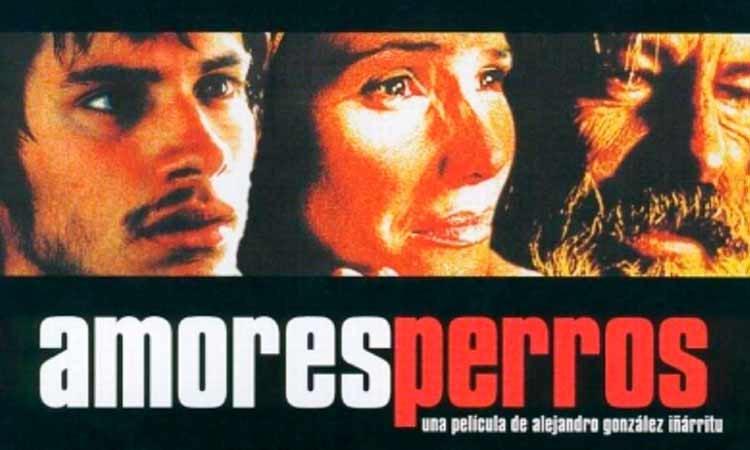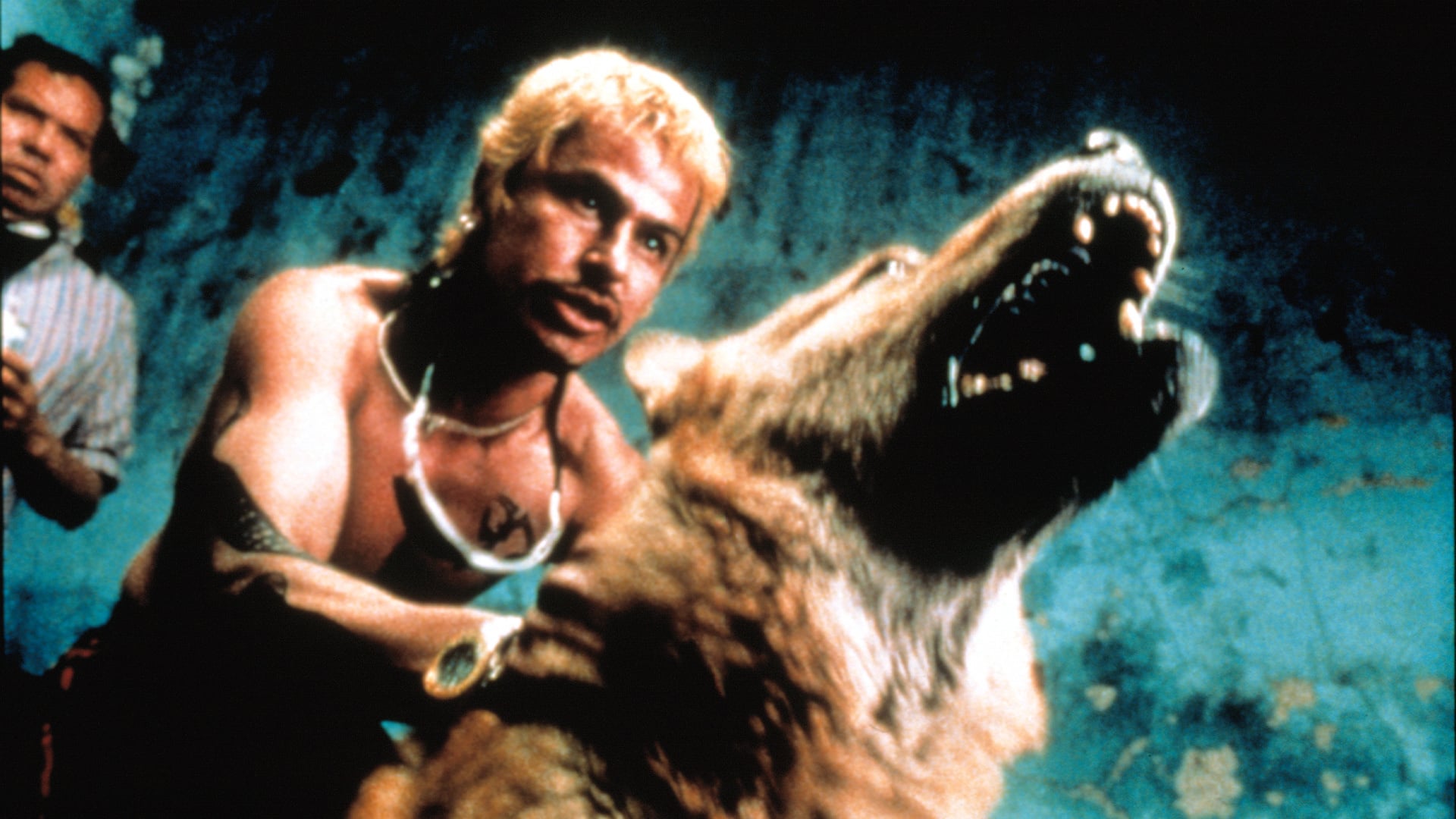


Uxbal's ability to feel the presence of departed souls is portrayed like a sort of capacity to hear noise at the volume at which, say, a dog could only be expected to hear it. He purely senses a recently deceased spirit in the room with him. He doesn't see visions, he doesn't clutch shoulders and see the manner of one's impending death. Also, he is internally connected with the afterlife. Uxbal also has prostate cancer, which is rapidly spreading. He is also a dedicated father to two young children whose mother, his ex-wife, is a wreck of alcohol, bipolarity and promiscuity, and worse, knows her inability to control herself and is in a quicksand of bettering herself.

Much of the things he does are criminal, mainly mitigating between corrupt police and illegal aliens, with often catastrophic results. We follow Uxbal, and we're not entirely sure what he does. The narrative here is a rail tunnel of raw, sprawling intimacy set in an overpopulated, decaying Barcelona ghetto. And he says it with Biutiful, a purely experiential film that pierces through the heart with the acuity of a stingray barb. But now I see he still had much more to say on the literally infinite subject of death. They are each epic, punch-packing dramatic powerhouses. Inarritu's three previous films-Amores Perros, 21 Grams and Babel-are classified together as the Death Trilogy, as they each depict the exponential impact of fatal or near-fatal occurrences in the interconnected existence of separate lives. Reviewed by jzappa 10 / 10 Dare to Follow Uxbal's Many-Sided Journey


 0 kommentar(er)
0 kommentar(er)
